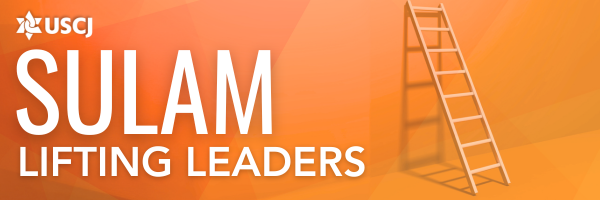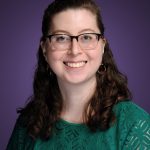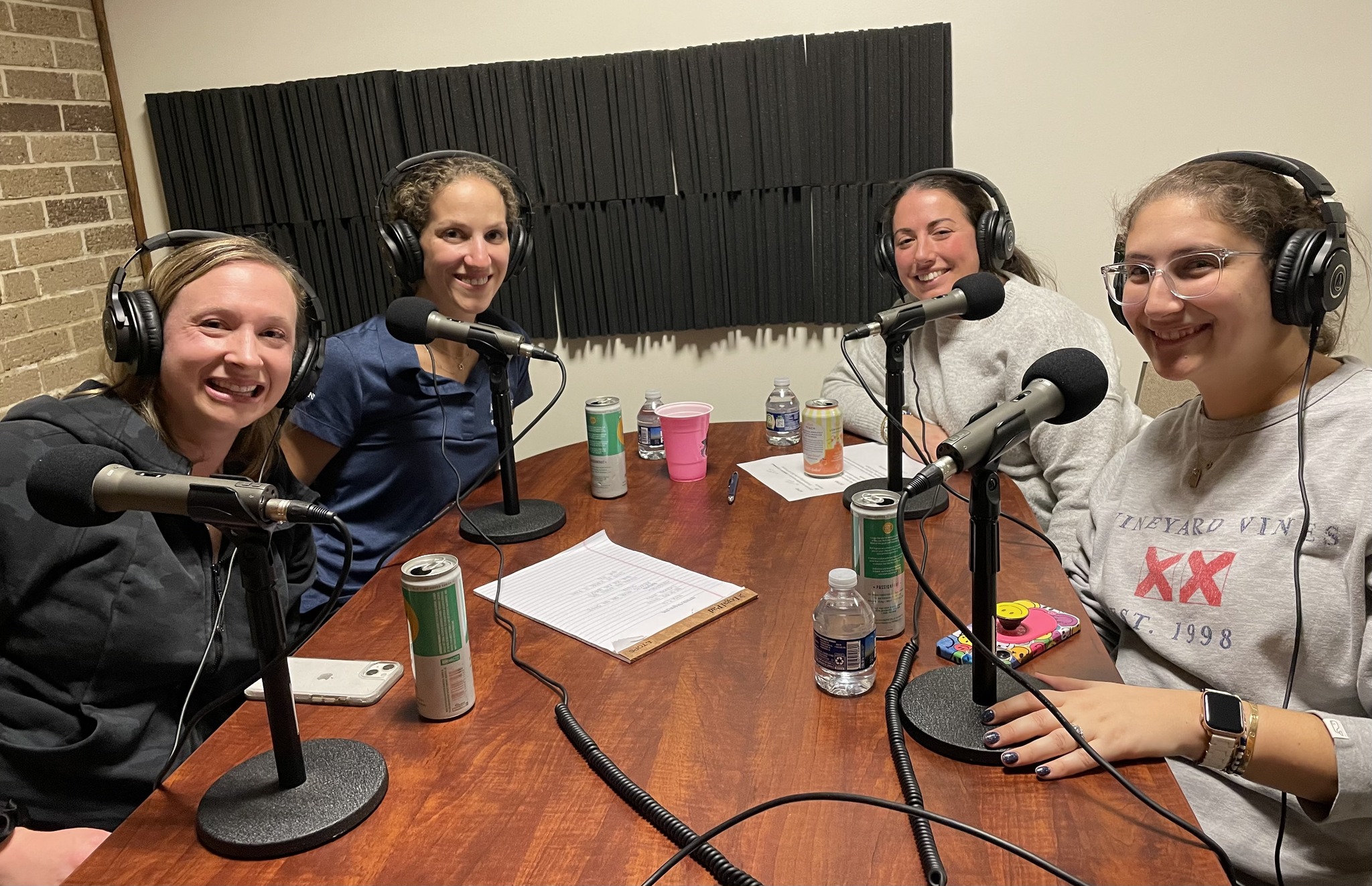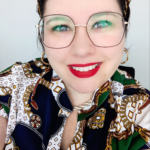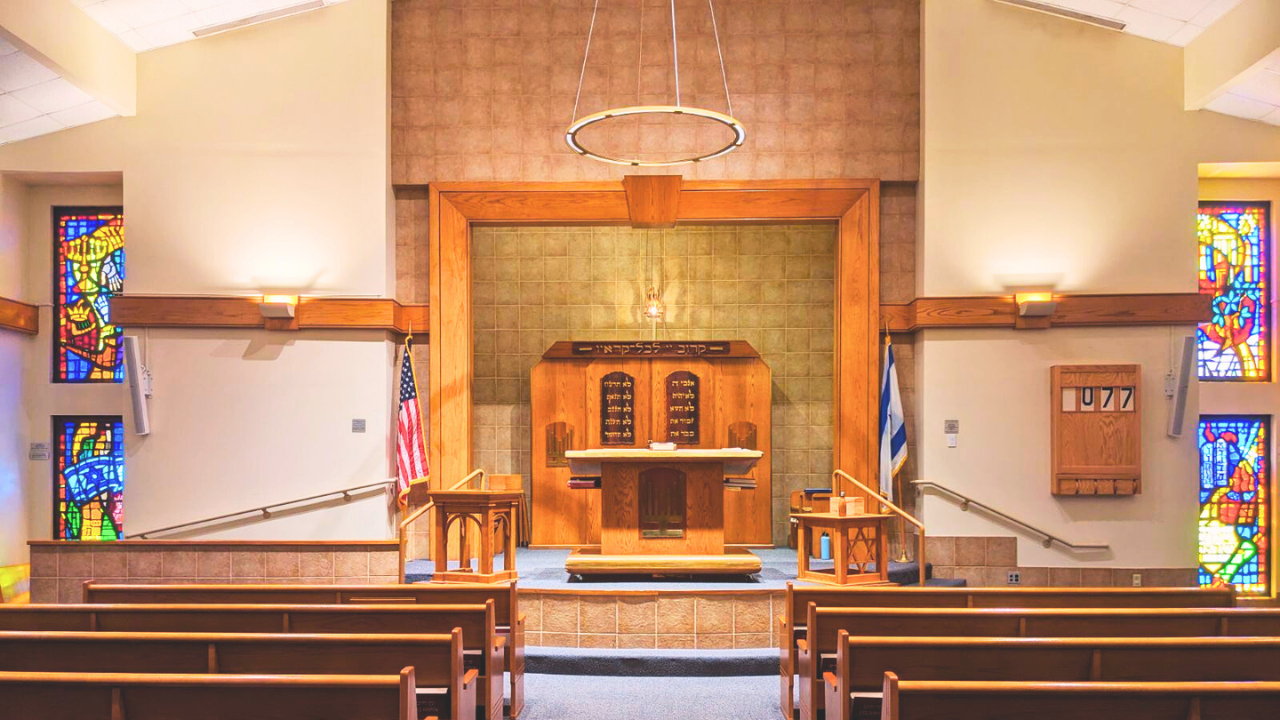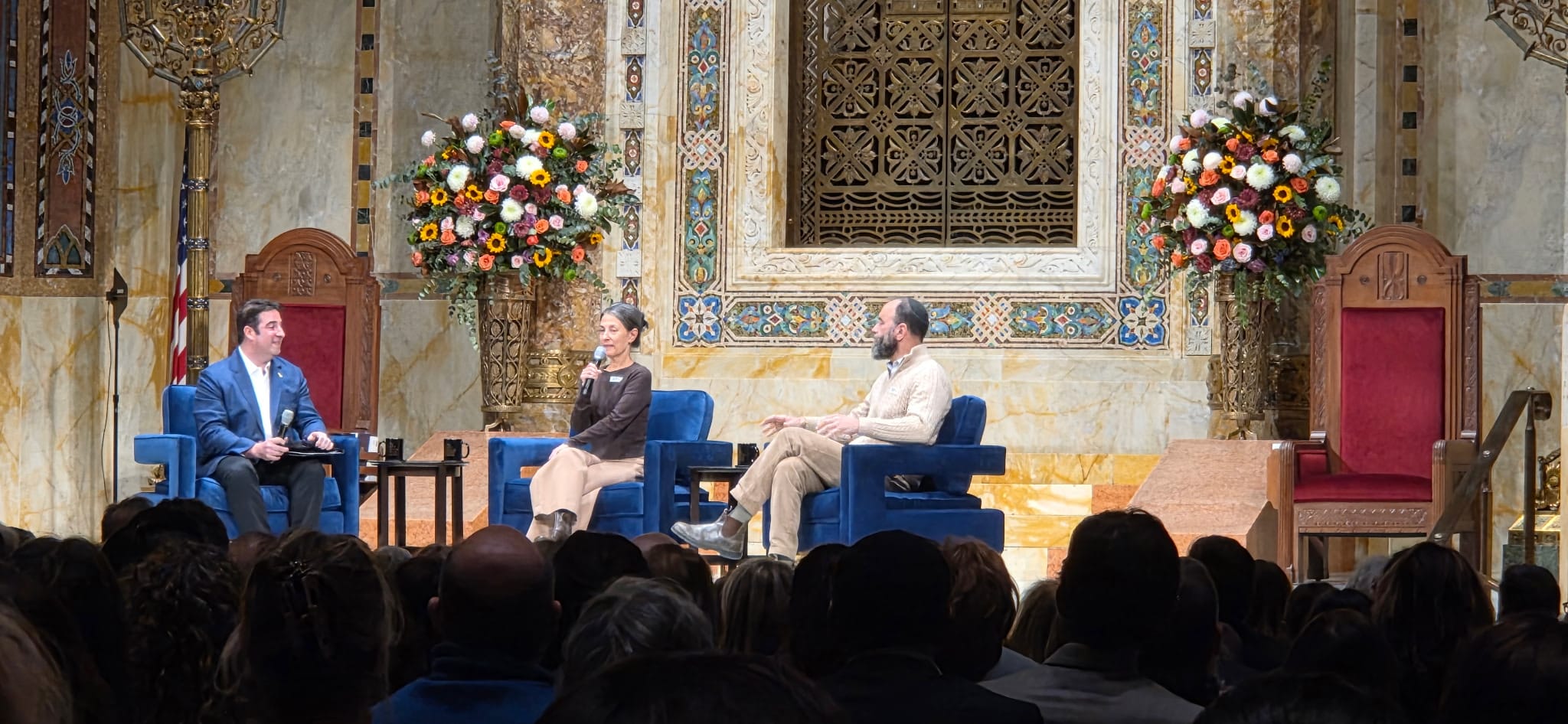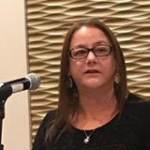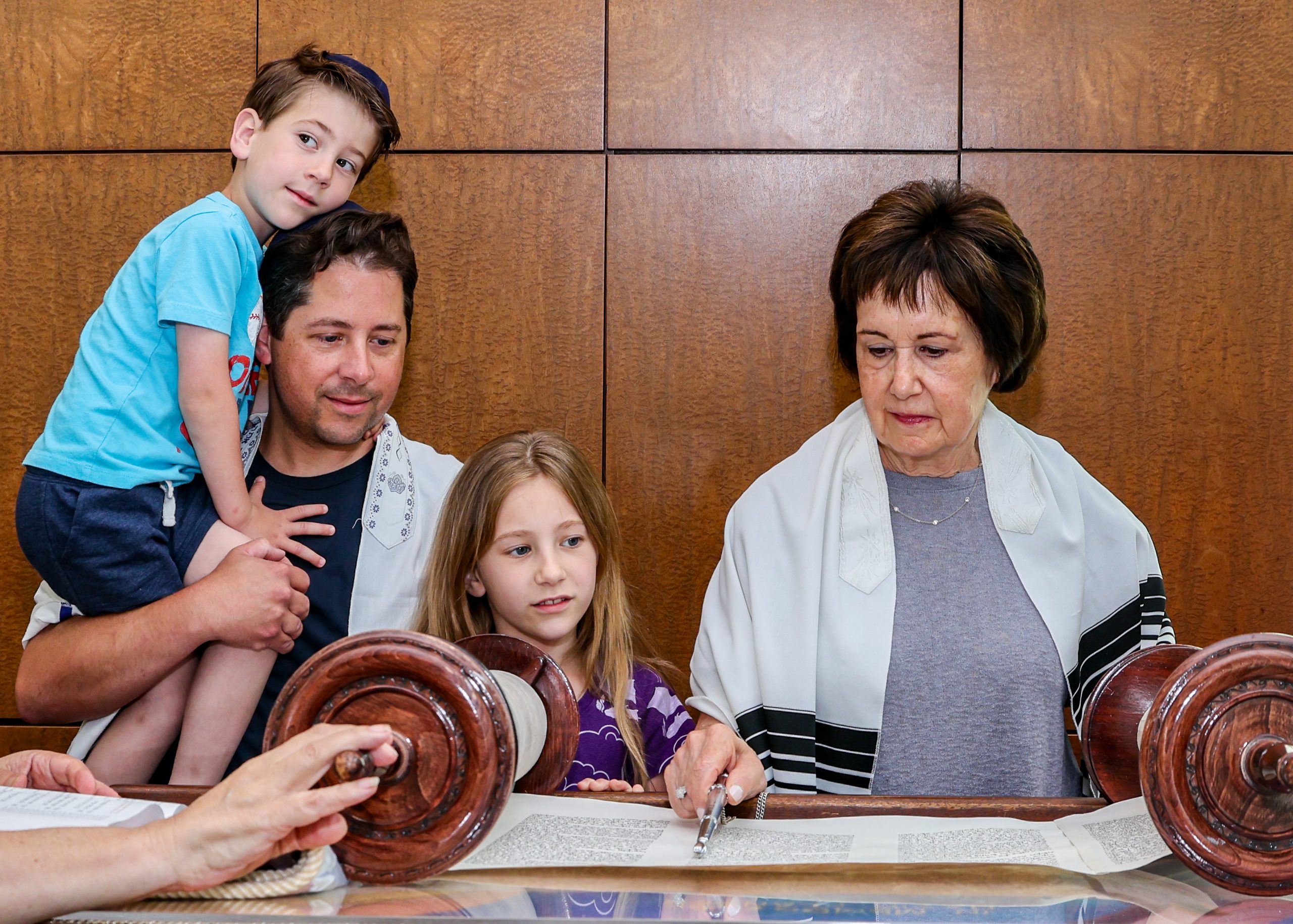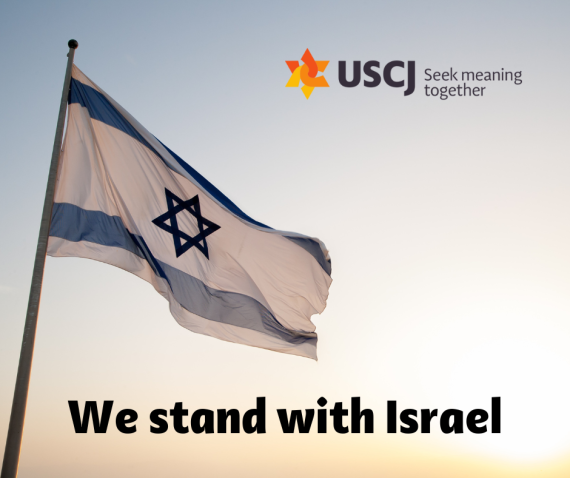
Rabbi Jacob Blumenthal, CEO of USCJ and the RA
One lesson I am learning in this challenging period is how we can hold two (or more) contradictory feelings or goals at the same time. How does Israel bring home our hostages, remove the Hamas terrorist threat, and safeguard the lives of civilians? How do we grieve the tremendous losses of October 7, and also remain resolute in the fight for Israel’s safety? How do we stand strong against antisemitism, and also make sure we uphold values of free speech? How do we fight a war and preserve our moral compass? In a world in which we are constantly pulled towards one extreme or another, I see Israelis and Jews around the world in a genuine struggle to hold these competing voices and priorities. And that is what gives me strength and inspiration.
Andy Schaer, President of USCJ
I’ve been to Israel twice since the start of the war. I’ve often questioned the value of my being there. I’ve wondered if it’s enough to simply bear witness, demonstrate solidarity and support to the Israeli people, and then share these experiences at home. While there, we saw the worst of humanity. Among the many sites visited, we toured what was left of Kibbutz Nir Oz, located on the Gaza border. Hostage posters, so ubiquitous throughout Israel, adorned the doors of the burned-out homes of those taken; some included whole families. Elsewhere, we listened, stunned, to the accounts of a released hostage. We felt the anguish of the families of those still held. But amidst this pain was evidence of the best of humanity: the Israeli people, civilians, and soldiers alike who courageously carry on. We heard story after story of acts of heroism and selflessness during and after October 7th. Their resilience and unity, in the wake of pure evil, provide us with perspective to process our conflicted feelings about this war and the suffering it has caused so many innocent people. It reminded me, and I hope to remind you, that Israel is not just a government. It is our Jewish homeland; they are our people. It is a democracy replete with all the imperfections inherent in self-determination, the ones our enemies are using to divide us. Israelis are entitled to be secure and to live without the constant fear of imminent attack. We won’t agree with all that occurs, but we must follow the lead of the Israeli people, be resilient, and stand united. It may be all we can do to help bring the hostages home and end the war. That would certainly be enough.
Julie Marder, Interim Senior Director, Teen Engagement Department, USY
After October 7, singing HaTikvah brought me to tears. Within a few weeks, those tears dried and the feeling of hope returned when uttering those words. However, standing in Hostage Square, listening to families speak, and then singing HaTikvah as a community, I was once again filled with tears. The raw emotions of the stories, learning about who the hostages were before October 7, seeing and experiencing the artwork, reading the messages, and seeing the community come together to support one another is something I will never forget. Since December, I have worn a Bring Them Home dog tag every day, with the number of days on a piece of tape on the back. Every morning, as I change the number, it is my time to never forget. Being in the presence of a large group, coming together to remember, to pray and chant for the release of the hostages reminded me that we are not alone in our struggles and together we can not only support the devastated families and each other, but that we must find ways to take action. The power of HaTikvah overtook me in that moment and I continue to feel and remember each time I sing those beautiful words.
Michelle Rich, Director of Teen Travel and International Engagement, USY
Last month I traveled to Israel on a mission with the Foundation for Jewish Camps (with funding from the Jewish Education Project and the Jim Joseph Foundation). During our four-day mission we visited several sites in the Gaza envelope and met with displaced members of different kibbutzim and several survivors of October 7th. Each person was affected by October 7th and had a story. These people could not have thanked us enough for coming to Israel and for our support. Having been to Israel more than 20 times, this trip was different. I felt sadness in the country as people are trying to live their everyday lives and navigate the current norm with hostages in Gaza, a war going on and putting the pieces back together. As one speaker said, “We survived the day, now we need to survive our lives.”
One afternoon, we sat with Keren and Efat who lived in Kfar Azza and were relocated to Shfayim ( just outside of Tel Aviv). Efat came to speak with us because she works in a sleepaway camp in the US in the summer and felt the connection. She talked about neighbors and friends that she lost and how she knew what to do in her safe room because of active shooter drills they do at camp. Keren, who grew up on Kfar Azza recently returned with her husband and child and were living near her parents. Her parents Carol and Igar were murdered that day. It was chilling to hear their stories.
Omer Neutra, a former USY regional president and participant on USY on Wheels, has been a hostage since October 7th. He and his family have been on my mind since that tragic day as I watch his family advocate for his release. Several weeks before the trip, there was a news report that showed the relatives of the hostages protesting close to the border with Gaza. They were yelling to their family members that are hostages there saying- we are here. When our group visited the NOVA festival site, we heard the artillery booms near the border. I thought about that report from the news and wanted to yell out to Omer that I was there too.
On Shabbat Zachor, we read about Amalek and what he did to the Jewish people. We are told to remember Amalek. As I sat in synagogue, I reflected on the people that I met on this trip: those that were survivors, those whose families are hostages, and those who perished. Each speaker made us promise that we would talk about what happened on October 7th when we returned home. I will continue to remember and share their stories. Their voices touched my life.
Jo-Anne Tucker-Zemlak, Synagogue Consultant, Southeast Seaboard
Arriving back in Israel is always the same emotional pull for me, no matter how many times I walk off of the plane and down the breezeway. Yet this time, seeing the placards of the hostages was heart-wrenching. I couldn’t imagine what the next 4 days would bring.
Last Sunday, I joined 150 volunteers from the Jewish National Fund (JNF) for an intensive mission of working, helping, feeling the strength of the Israeli people, and holding space for a lot of tears.
On Monday, I was introduced to the skill of lemon picking. It is a good thing I still remember how to climb inside a tree because my 5 ft stature was challenged to reach the many lemons. However, 75 of us ultimately filled 12 massive containers! The Israeli music in the background made the job so much easier…Later in the day, we visited the site of the NOVA music festival massacre and it made us all cry. I knew visiting that spot was going to be tough, but it was as hard as standing in Auschwitz the first time I went. That was my tragic comparison of the tremendous loss of young lives.
Tuesday, my well-honed painting and sanding skills came into play when we were at a Moshav just 7 kilometers from Gaza with a 15 second shelter alert. And while we were fortunate enough not to need the bomb shelter for anything other than our canvas, we could hear shelling in the distance. That experience was followed by a somber conversation with the Head of Surgery at Soroka Hospital where the majority of those injured on October 7 were taken. We ended the long day with a BBQ at a base where we were incredibly saddened to discover that 14 soldiers had been on patrol that morning but only 2 of them had survived the day.
Wednesday took us north to Noor, a restaurant owned by Basma, a Druze woman who cooks for 400 Israeli soldiers twice a week. In 3.5 hours, our group of 35 was divided up and we peeled, sliced, cooked and mashed 250 lbs of potatoes, breaded and cooked schnitzel, made salads, wrapped silverware and built the carrying boxes. Then the soldiers came! Wow! The soldiers just so appreciated the work we had done to provide them with the very welcome hot meals.
Thursday started in Hostage Square, talking to families who had moved into tents on the site. We followed those meaningful conversations with a visit to Ammunition Hill and heard stories of the 6-Day War. The speaker told us about a personal experience of how his father fell in that war but how his father’s comrades were then there for him throughout his life, even walking him to his marriage chuppah. How poignant it was to hear of his personal experience at this moment in time when there are, and will unfortunately continue to be, other children who, in light of tragedy, will surely need the same kind of love and support that he received. The only way to follow that was with a profound visit to the Kotel.
The paradox of this journey for me was hearing the jarring shelling starting on the first day and hearing the chilling shofar blast that followed the World Wide Shema which happened to take place on my final mission day. There were meaningful moments to experience and witness followed by more and more meaningful moments.
I knew immediately on October 7 that I wanted to be back in Israel, to be one with the country and show support. I wanted to be a part of the healing process. I feel that while my presence and efforts may have made a small impact in light of the overwhelming whole, I also felt like our group truly did allow for one more day’s survival: for orchards to be tended to, for meals to be prepared and to be able to bear witness. The trip filled my soul. I was grateful to be able to end the trip by spending a restful Shabbat with friends, which allowed time to reflect on all that I had experienced. I then packed up and once more walked past the placards of faces that now are family as I got on the plane and flew home.
Miriam Abrams-Stark, Synagogue Consultant, Northeast District
On Oct. 20, I was asked by my supervisor if I would help with two areas of the newly-created Masorti Solidarity Shabbat and programs, one of which was to help match our synagogues with the name of a hostage, the second was to match synagogues in North America with Masorti communities in Israel.
Emails were sent to our synagogues’ leadership, and within just a few days, 150 synagogues had signed up to participate in either one or both of these new programs.
While I was not surprised, I will say that I was deeply moved by this response.
To help with both of these initiatives, I was introduced to our Masorti colleagues in Israel. We had never met before. Immediately, we needed to be in touch with one another, off and on all day, for several days. Emails, texts, phone calls.
Those who signed up to ‘Save a Seat in the Sanctuary’ were given the name of a hostage or hostages, with prayers and passages to read, to keep the kidnapped close to us. Initially, only their names and ages were known. With time, our Masorti staff were able to learn more about these individuals, and shared the information with us.
With more time, there was good news. Hostages had been released. Synagogue leaders reached out to me regarding that news; we celebrated together via email and they celebrated with their communities. And then, tragic news. Other hostages had been discovered dead. Synagogues were saying Kaddish.
I could feel the emotion through the emails. We cried together.
And the large numbers of those still waiting to be released. Everyone wanted to help these families, wanted to write notes, wanted to support them. And they did.
Hours were spent by our Masorti colleagues to help us create ‘Sister Cities’; relationships between Masorti communities and our synagogues. Planned conversations were scheduled to take place on the same day. More calls, texts, emails, spreadsheets. Names on a piece of paper.
2 weeks ago, we were all strangers to one another. The Masorti staff, the Masorti communities, our synagogues’ staff, clergy, presidents, lay leaders.
After a few weeks, we asked people to share their experiences with us. Their words are powerful:
“It has felt so important to be matched with individuals and be given a name to pray for beyond the more abstract collective.”
“We gained a better insight into the situation on-the-ground in Israel… Our very presence (on Zoom) has boosted morale with this kehilla, and they are grateful for our moral support and interest in their situation.”
“I was struck by one of our Israeli participants who expressed her concern for the rise and level of antisemitism here in the USA. At a time when we, American Jews, are deeply concerned with the situation in Israel, this participant somehow reversed the flow of concern from them to us.”
There was one Masorti staff member who was my main contact. We were in touch almost every day for 3 weeks. We spoke about our work, our families, her life at this moment in time.
By the second week of constant communication with one another, her voicemails began or ended with a salutation that included ‘my friend’. “Be well my friend”. “Good morning my friend”.
We were strangers to one another. All of us. And then, we became friends.

